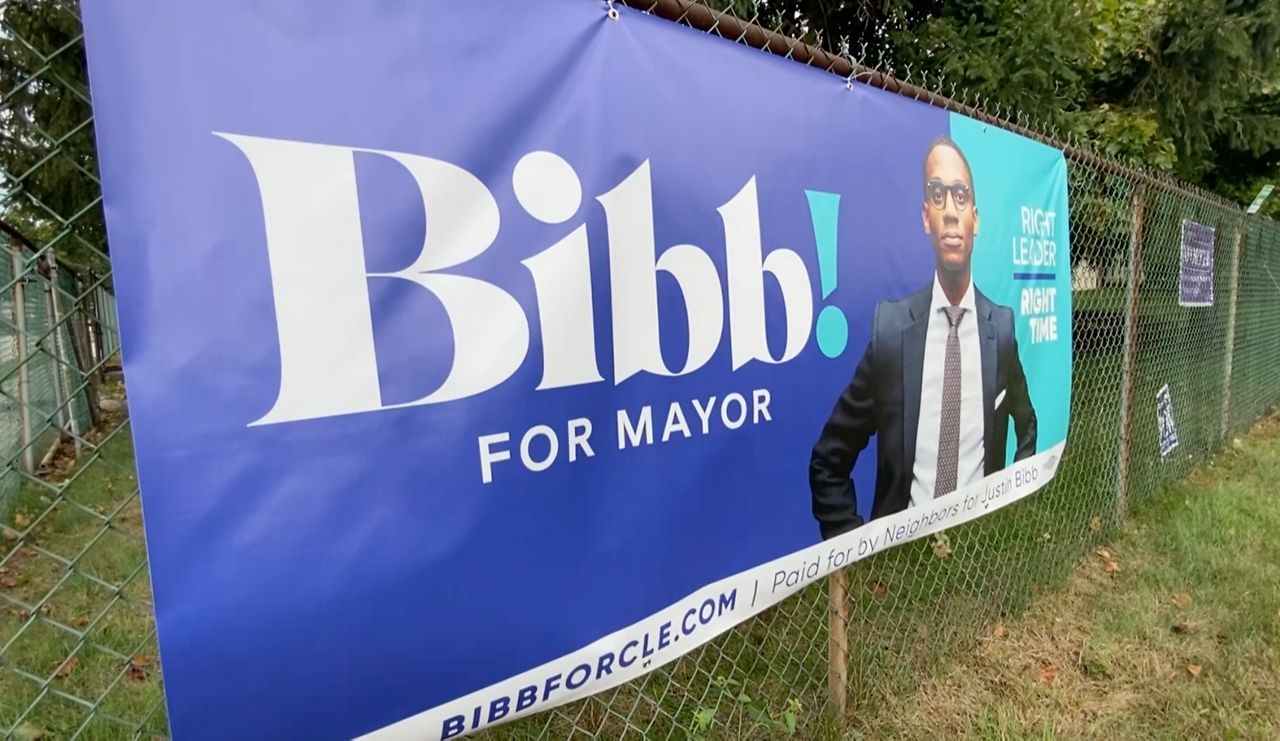CLEVELAND — Justin Bibb will likely be the next Cleveland mayor after Kevin Kelley conceded on Tuesday. Bibb will become the second-youngest mayor in the city's history.
The results of Issue 24 also mirrored the mayoral race and appears to be headed toward passage.
Election Day came after weeks of early voting as thousands of voters have already submitted a ballot.
For the first time in 16 years, Cleveland will elect a new mayor. Bibb will become the city’s next mayor. Bibb will serve in his first elected office. Bibb will also become the first millennial mayor of one of Ohio’s 10 largest cities.
As part of leading Cleveland’s post-pandemic recovery, Bibb will be tasked with spending $511 million in federal American Rescue Plan Act funds. Funds can be used for many things, including covering pandemic losses, infrastructure, education, housing and more. Municipalities have until the end of 2024 to allocate and end of 2026 to spend ARPA funds. Cleveland had more funds allocated through ARPA than any other Ohio city and was just one of eight cities nationally to have more than $500 million allocated.
A key issue that divided the two mayoral candidates is Issue 24. Bibb supported the issue while Kelley opposed it. With Issue 24 getting approved, a Community Police Commission will be formed, which in conjunction with the Civilian Police Review Board, will oversee police conduct investigations and discipline.
The issue will make some of the most significant police-related changes to the city's charter since the 2015 Department of Justice imposed consent decree went into effect.
The commission will have final authority over establishing the policies, applications and examinations by which new police recruits must be sought out and recruited and screened, including screening for bias, and could conduct bias screening with existing members of Cleveland police.
Residents of Ohio’s 11th House district will soon have its seat in Congress filled following the resignation of now Housing and Urban Development Sec. Marcia Fudge. Democrat Shontel Brown defeated Republican Laverne Gore. Brown, a member of the Cuyahoga County Council, held off Nina Turner in August’s primary. Gore, the executive director of the Ohio Diversity Coalition, easily won the GOP primary in August.
The race is one of two special congressional elections being held in Ohio on Tuesday.
The Ohio 11th district, which includes parts of Cuyahoga and Summit counties, has traditionally overwhelmingly supported Democrats. Fudge defeated Gore last year by an 80-20 margin. The seat has been held by Democrats for more than three decades.
Tuesday's results were no different with Brown ahead by a nearly 80-20 margin, according to the Ohio Secretary of State.



